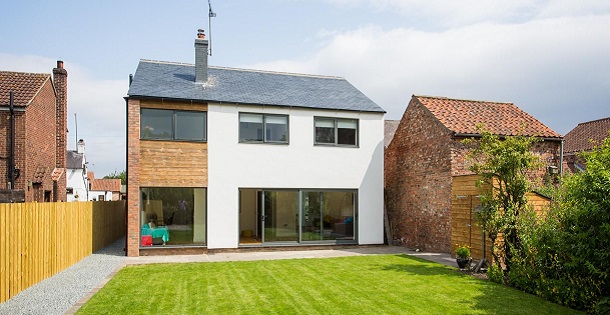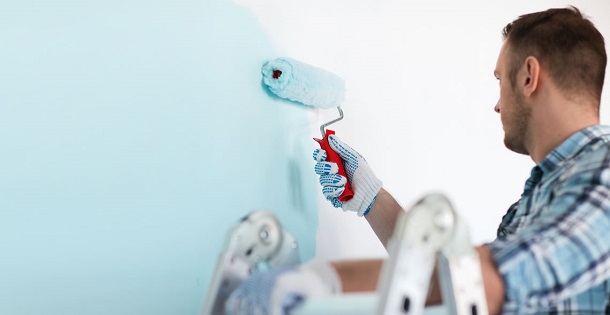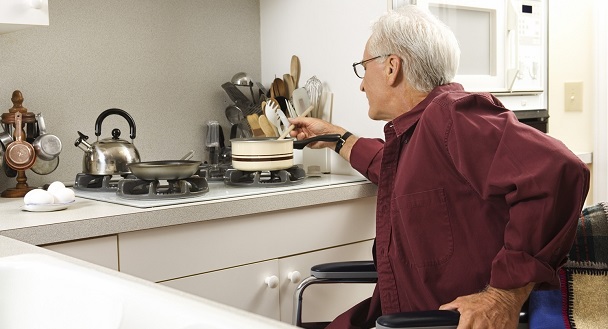
For buyers looking for a bargain or investment opportunity, auctions offer the chance for them to pick up a property at a good price without going through the many steps it takes typically to buy a house. It also presents a number of potential pitfalls, especially for those new to the world of auctions.
To find auctions, look for listings in newspapers or contact local auction houses and ask to be added to their mailing lists; they usually publish details of available properties four weeks before the auction itself.
The pros and cons of buying at auction
As we’ve already mentioned, buying a property at auction can be a great way to get a house for much less than you might otherwise have to pay (some estimates think 10 – 30% less). It also means buyers don’t need to go through the normal home buying processes, a bonus for those looking to move quickly or for an investment property they plan on doing up and selling on our renting out.
However, with auctions, there is no such thing as buyer’s remorse. Unlike the traditional home-buying processes, you can’t withdraw your offer if you change your mind or find a better property. Legally, you have to pay 10% of the property’s cost on the day of the auction and the remaining 90% within a month. There is also a chance that you could end up spending money on fees and surveys and be outbid on the properties you’re interested in, leaving you out of pocket.
Even though you may end up out of pocket by being outbid, it is still a good idea to have surveys done on any property you are serious about bidding on. Many properties sold at auction are in poor condition and need work done on them; you need to make sure you can afford the cost of any of this work.
Additional costs
As well as paying for the house itself, you will have additional costs if you buy a property at auction including:
- An auction house administration fee of up to £300 (on average)
- Solicitor or conveyancer fees
- Stamp duty
- Surveys
- Insurance.
Don’t expect to pay the guide price for the property; most properties go for more than these. It’s also worth keeping an eye on the guide price in the run-up to the auction as if there’s a lot of interest the auction house might increase it.
Research
Once you’ve received a catalogue of available properties, take time to study it and visit houses you’re interested in; many have open days for potential buyers. Remember, when you visit, properties up for auction will often be in poor condition, which is why you are getting a bargain.
If you are new to buying at auction, it is worth taking someone with you such as a builder or architect who can give you expert advice on the true value of the property (as compared to the guide price) and any work that will need doing.
Read the legal pack
For the properties you’re interested in, request a legal pack that includes title deeds, searches, what is included in the sale, e.g. fixtures and fittings, and any information the auction house has on the property.
If you aren’t sure of anything in the legal pack, speak to a solicitor, asking them to check for loopholes or covenants. You can compare conveyancing solictors on Lending Expert.
Getting ready to bid
Auctions are busy places with lots going on, and it’s easy to get carried away once the bidding starts. To reduce the chances of this happening to you, remember to:
- Take everything you need with you, including proof of identity and finances.
- Get there early so you can get a good seat and can be clearly seen by the auctioneer.
- Stay calm once the bidding starts, resisting the urge to bid on properties you weren’t interested in because there’s a lot of interest in them and you don’t want to miss out.
If you haven’t bid at an auction before, it’s a good idea to attend at least one, if not more, before you bid on a property. If you don’t feel comfortable going to the auction house, you can bid by phone, though it might not be quite as exciting.





